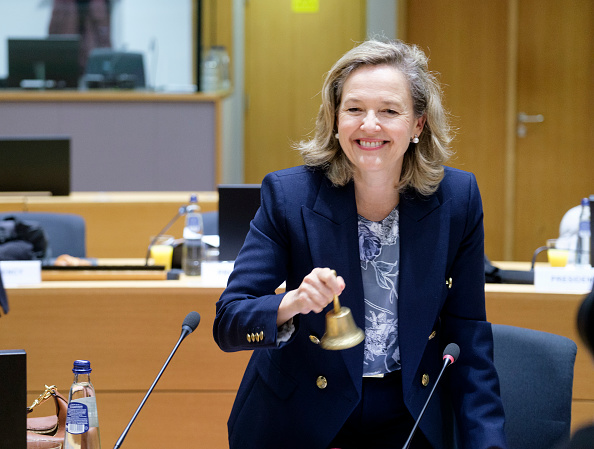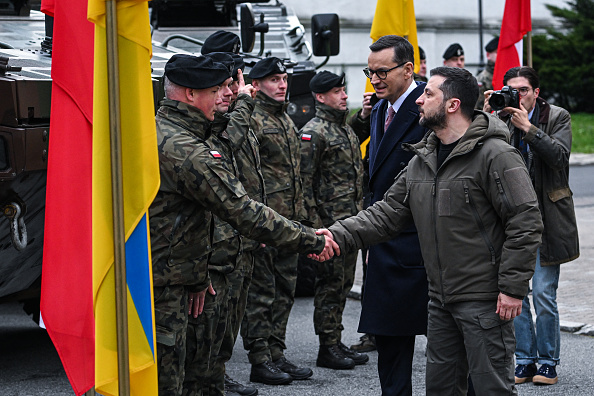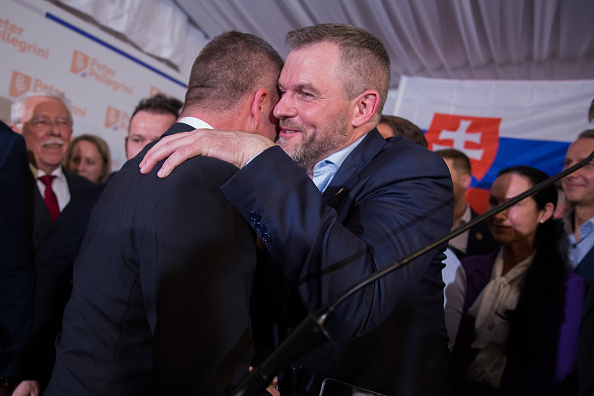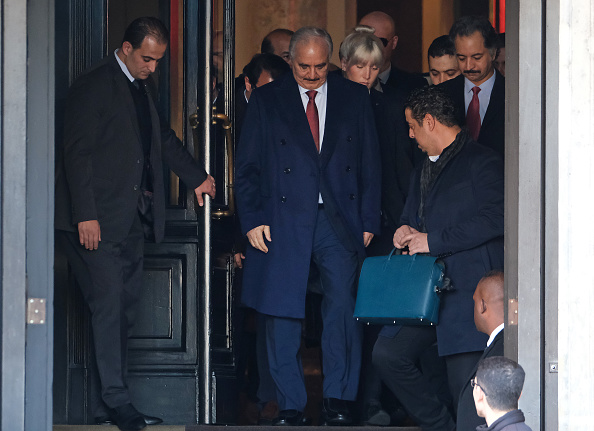Pushback is growing among European Union Member States against funding common defence procurement through fresh joint-debt, with Germany, Denmark and the Netherlands decrying the proposal.
Industry Commissioner Thierry Breton’s March proposal for EU members to take on €100 billion in debt for defence spending represents a power grab by the European Commission and a move toward a “planned economy”, said German, Danish and Dutch diplomats.
The Financial Times quoted one senior EU diplomat as saying: “The Commission doesn’t have to incentivise this. Governments will place orders, defence companies will invest in capacity and sell their stuff. That’s how market economies work. There’s no need for this style of planned economy.”
At an EU summit March 21, French President Emmanuel Macron and Estonian Prime Minister Kaja Kallas backed the proposal, with support from European Council president Charles Michel. Sceptics, though, outnumbered its backers and the proposal was postponed to a future meeting.
Eastern European countries, more wary of an immediate threat from Russia, want the EU to buy ready-made weapons instead of pursuing longer-term procurement goals.
The EU currently secures almost 80 per cent of its armaments from outside its borders, with the EC wanting 50 per cent to come from within the EU by 2030 and 60 per cent by 2035.
Cutting imports, though, could make it harder for the EU to keep providing Ukraine with sufficient ammunition in its war with Russia.
At the root of the problem is the difficult nature of European defence procurement.
It remains “hampered by rigid legislation and peacetime processes, which prioritise transparency and value for money but result in lengthy and inflexible acquisition timelines”, said Matej Kandrík of the Centre for European Policy Analysis.
An example, he said, was France and Germany’s joint next-generation tank, the Main Ground Combat System, designed to replace Germany’s Leopard and France’s Leclerc tanks.
The two countries will formally sign an agreement to make the new battle tank together on April 26 although it is unlikely to be available until 2040, said Kandrík.
Germany has sought but not yet managed to replace its GS36 assault rifles since 2017, in a process he called “achingly slow”.
By contrast, non-European suppliers offer much shorter delivery times – handy with Russia on a war footing and US military assistance unassured.
Poland has, for example, found a major source of quick to secure and ready-to-go armaments in South Korea: FA-50 light attack aircraft, K9 howitzers, K2 Black Panther tanks and K239 Chunmoo multi-barrelled missile launchers, worth $5.8 billion at 2022 prices.
European armies have different specifications for almost everything relating to weaponry: canon calibres and communications systems’ connectivity among them, alongside political pressure to support industries at home.
US defence contractors, on the other hand, only have to consider one market and one customer, its own – the world’s most capable military.
Regarding Europe, defence bonds – based on the EU’s 2020 Covid recovery fund – are a possible solution.
“The EU’s new defence industrial strategy is unlikely to have a major impact without serious funding,” said Tim Lawrenson, a European defence market consultant.
Total EU defence equipment procurement spending is around €50 billion a year, and “will clearly go much higher in the future”, Lawrenson said.
The overarching question is whether defence procurement is now an emergency, which is the French and Estonian view, or should remain a “normal” policy response to structural challenges. Regarding the latter, market forces and national decision-making work just fine, according to Denmark, Germany and the Netherlands.
Europe’s biggest economy, Germany, also faces a decline in its defence spending from 2027 onwards after it exhausts its €100 billion special defence fund.
From 2028 on, Germany faces a €56 billion annual defence deficit if it is to continue to meet its target of 2 per cent of GDP, according to German newspaper Der Spiegel.
Still, even as some Member States push back over EU aims to increase defence co-operation, an EU-wide survey by Ipsos in late March showed reasonably broad support for pooling military powers, including, perhaps surprisingly, among Eurosceptics.
Within the European Conservatives and Reformist (ECR) bloc in the European Parliament, 45 per cent of those intending to vote have supported increased defence co-operation.
Elsewhere, the same was true for more than one-in-three voters backing the harder-Eurosceptic Identity and Democracy (ID).
Overall, around half of likely voters in June’s European Parliament elections back a combined effort to boost EU defence capabilities.





